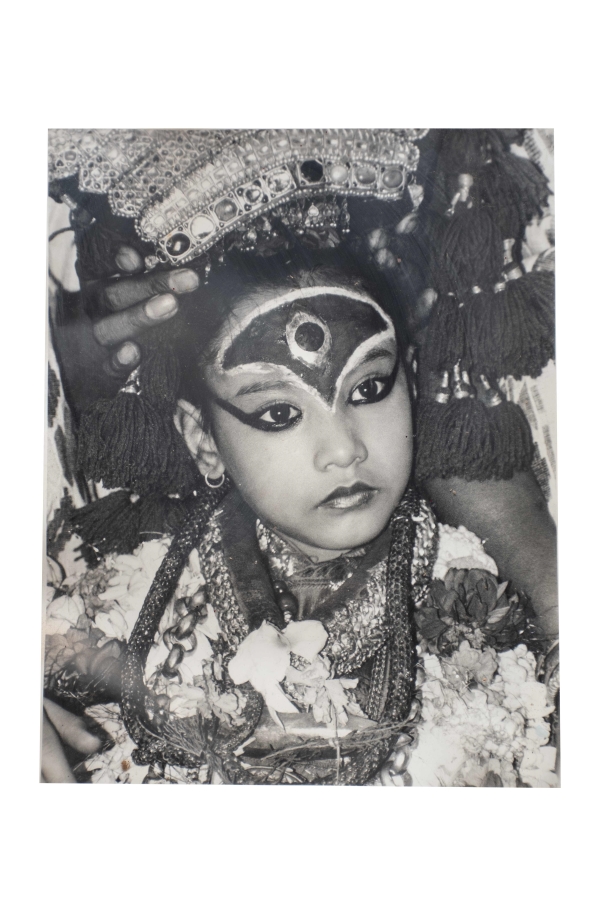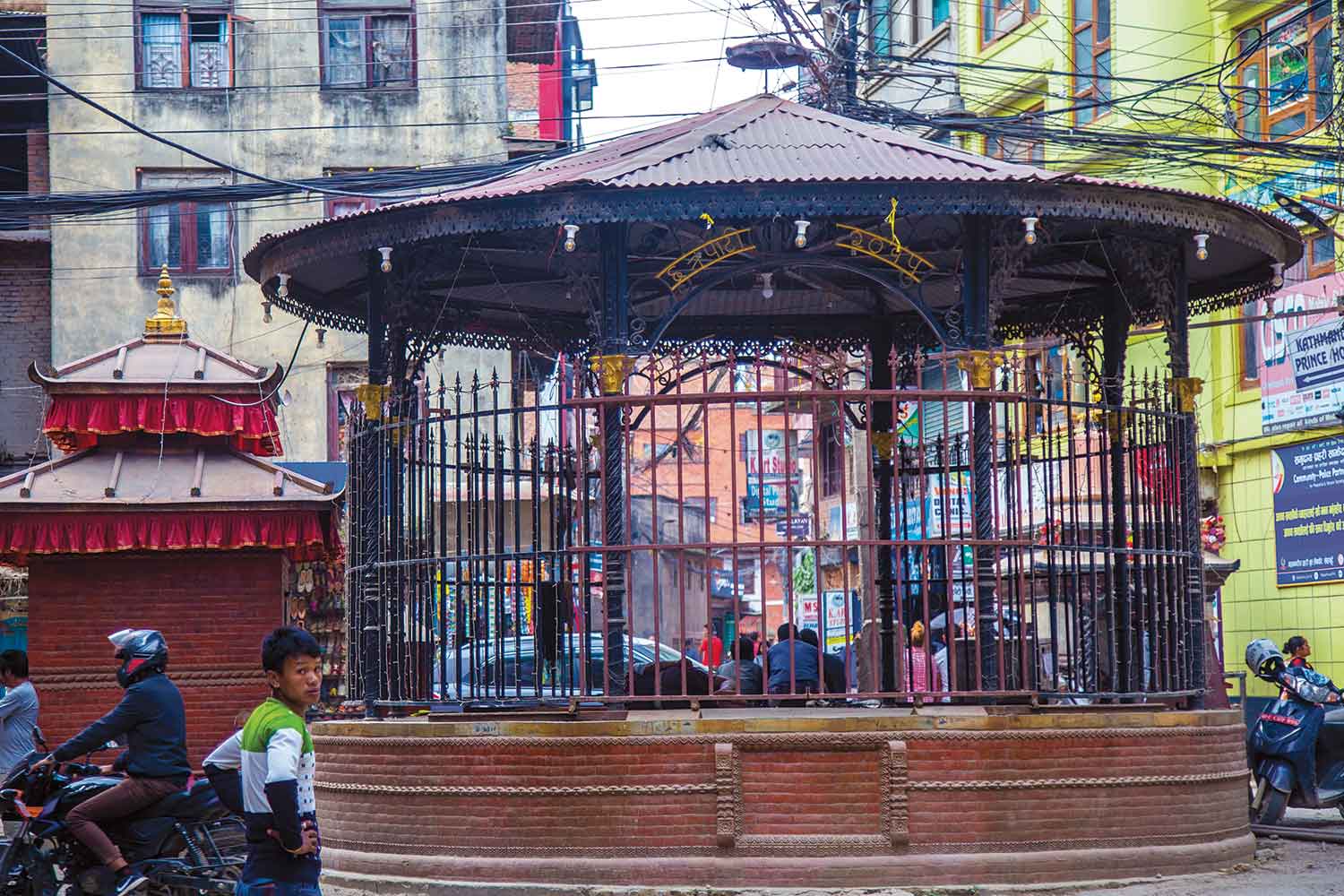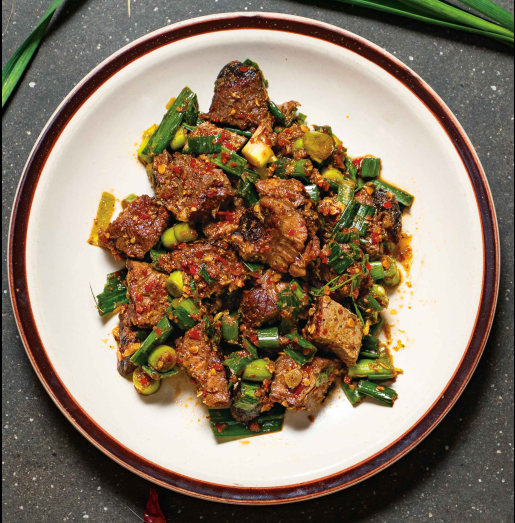The naus, or Napits, are one of the most essential figures in Newar culture, but often taken for granted.

King Jayasthiti Malla knew what he was doing when he assigned the Newar citizens of Kathmandu Valley into different roles. The idea was to ensure that there was someone responsible to fulfill each responsibility in society. Napits, better known as naus in Newari, were assigned the role of cleansers who purify the human body.
As a human being, one has to go through many events to qualify as a member of a community.Each event closes a chapter in life, and opens up another. From birth to death, the nau plays an important role in purifying the individual before or after acting out each of these traditional events.
The role of a nau or naunee (women of the Napit family) begins from birth, when a child is four days old. They are invited to the household to purify the entire family. The mother takes a bath and has the naunee trim the toe nails. From coming-of-age rituals such as ihi and bahra tayegu for girls, and bratabandha or barchuiyu for the boys, to janku for the seniors, followed by death rituals, the nau or naunee always has a role to play.
The Napits are skillful people who own various tools. When a naunee lays out her tools for grooming, one can’t help but feel curious about the purpose of each item, such as the heart-shaped blades (for trimming nails), and cotton swabs with handles made from pen caps (to dab alaha, a red, ink-like substance that is run over the toes after the pedicure is done, and which is applied on both men and women). However, small children are the only ones who are allowed to get half of their feet painted with the bright red liquid. The alaha is also an important decoration for the Kumaris, and girls performing ihi and bahra tayegu.
Usually, the nau takes care of shaving men’s heads, while the naunee takes care of trimming the nails of both men and women. It is said that even a king bows down to a Napit, because he has to lower his head while having his hair shaved. During the death ceremony, the men have to get their heads shaven several times over the year of mourning. It is always done by the nau. Just like the alaha, head-shaving is followed by a sprinkle of cow milk to signify that the man is now pure and he can engage in the activities required.
Many Newar families have close ties with one particular Napit family. They are the ones who are present at all family rituals, like distant relatives who come for a visit only during the happiest and saddest moment in their lives. They watch toddlers grow up, and get news of those who have passed away. This is why they were also considered to be very talkative by nature. They were the source of gossip in the communities.
A Dying Culture
It must be tough to follow tradition, while also making an attempt to catch up with the modern times. The Napits are still considered to be essential in completing purification rituals in Newar families; however, the tradition is dying out. The profession is just not enough to earn a decent living any more. However, there are also many cases of Napits, especially women who have molded their traditional occupation according to the times, and have become beauticians and hairdressers, while performing as naunees whenever they are called upon.
The next time you feel the need to trim your nails, find a naunee’s residence nearby, and drop in for a pedicure. You can also have a great time chatting about all the happenings in the area around.










